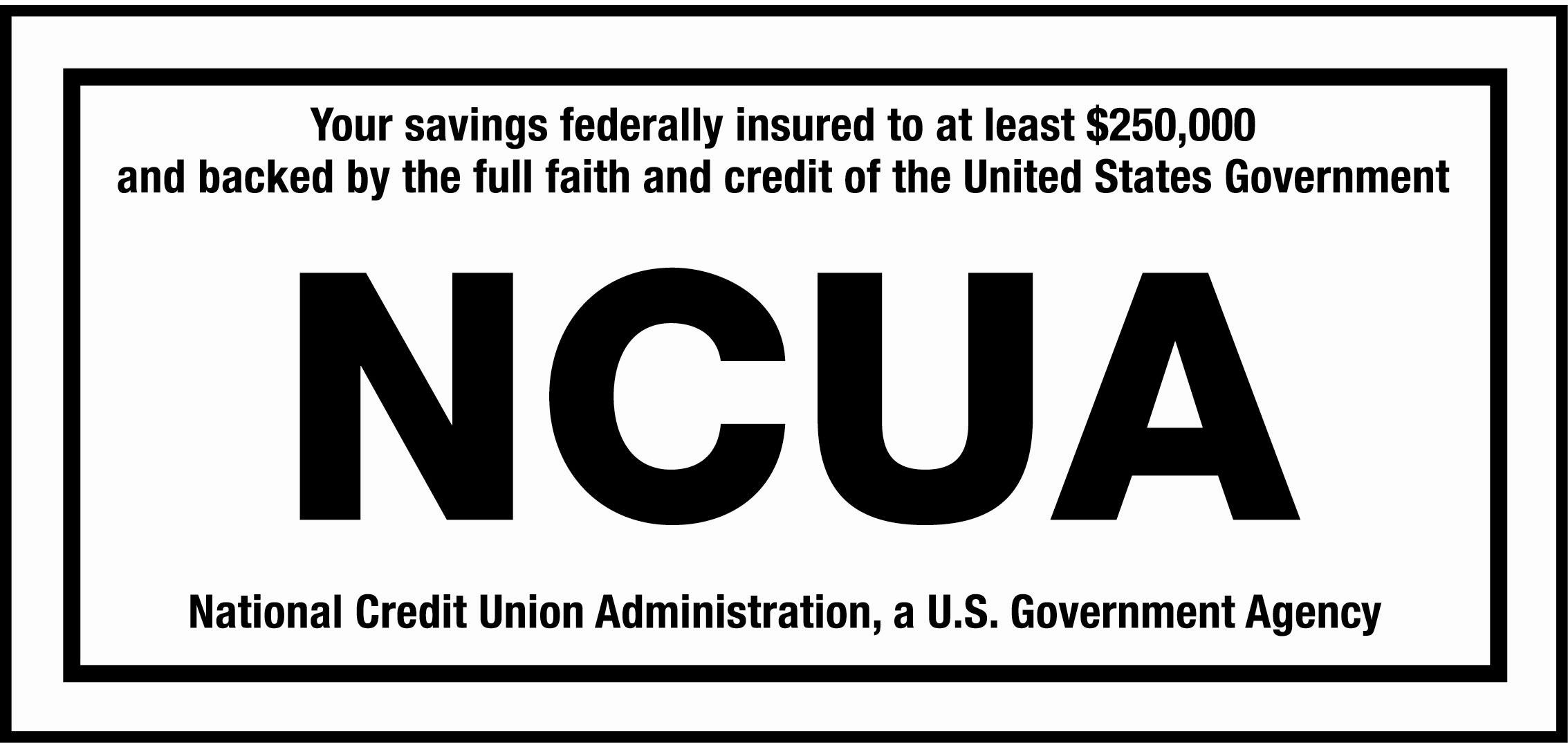Tips for Avoiding Scams
Tips for Avoiding Scams
Scammers use clever schemes to defraud millions of people every year. They often combine new technology with old tricks to get people to send money or give out personal information. Here are some practical tips to help you stay ahead.
- Spot Imposters: Scammers often pretend to be someone you trust, like a credit union representative, family member, government official or a charity. Don’t send money or give out personal information in response to an unexpected request – whether it comes as a text, a phone call or an email.
- Do Online Searches: Type a company or product name into your favorite search engine with words like “review,” “complaint” or “scam.” Or search for a phrase that describes your situation, like “IRS Call.” You can even search for phone numbers to see if other people have reported them as scams.
- Don’t Believe Your Caller ID: Technology makes it easy for scammers to fake caller ID information, so the name and number you see aren’t always real. If someone calls asking for money or personal information, hang up. If you think the caller might be telling the truth, call back to a number you know is genuine.
- Don’t Pay Upfront for a Promise: Someone might ask you to pay in advance for things like debt relief, credit and loan offers, mortgage assistance or a job. They may even say you’ve won a prize, but first you have to pay taxes or fees. If you do, they will most likely take the money and disappear.
- Consider How You Pay: Health Care Family Credit Union debit and credit cards are subject to transaction monitoring to help prevent fraudulent transactions, and you are never liable for fraudulent transactions made with your Health Care Family Credit Union debit or credit cards (provided prompt and proper fraud documentation is completed). Wiring money through services like Western Union or MoneyGram is risky because it is nearly impossible to get your money back. When wiring money, our Member Service Representatives are trained to ask specific questions to see if any red flags are raised by your request. This isn’t for the credit union to be nosey, but for your protection. You should also watch out for companies requesting payment via gift card. Government offices and honest companies won’t require you to pay with a gift card.
- Talk to Someone: Before you give up your money or personal information, talk to someone you trust. Con artists want you to make decisions in a hurry. They might even threaten you. Slow down, check out the story, do an online search, consult an expert – or just tell a friend.
- Hang Up on Robocalls: if you answer the phone and hear a recorded sales pitch, hang up and report it to the Federal Trade Commission (FTC) [https://www.consumer.ftc.gov/]. These calls are illegal, and often the products are bogus. Don’t press 1 to speak to a person or to be take off the list. Thank could lead to more calls.
- Be Skeptical About Free Trial Offers: Some companies use free trials to sign you up for products and bill you every month until you cancel. Before you agree to a free trial, research the company and read the cancellation policy. And always review your monthly statements for charges you don’t recognize.
- Don’t Deposit a Check and Wire Money Back: A common scam includes sending a target a fraudulent check with instructions on how to cash the check and wire funds back to the sender. Many times, they state they made a mistake and need you to send the money back or they will be fired. If you deposit a check into your account and it turns out to be fake, you are responsible for repaying that amount to the credit union.
Sign Up for Free Scam Alerts from the FTC: Get the latest tips and advice about scams sent right to your inbox. Visit https://www.consumer.ftc.gov/features/scam-alerts
Credit – ftc.gov.



